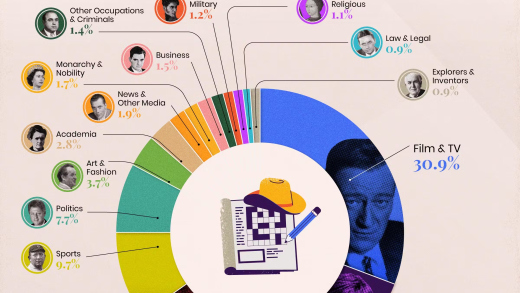On Thursday, Meta, Inc. announced that its video chat device Portal (previously the Facebook Portal) will support an app for live American Sign Language (ASL) interpreting services.
That means people who are “Deaf, DeafBlind, Hard of Hearing, Speech-Disabled or have hearing loss” will be able to use Portal for video chats with people who do not communicate in ASL, via a live human interpreter. That’s called a Video Relay Service (VRS).
Portal will now support a VRS app from ZP Better Together, LLC. The app is free for all users — it’s actually funded by the FCC! And while other devices, like an iPad, can support some VRS apps, members of the Deaf and Hard of Hearing community can apply for a free Portal through ZP Better Together’s website.
“The combination of ZP’s apps and video relay service with the Portal’s AI-powered Smart Camera that automatically keeps people in frame is game-changing,” Meta’s Head of Accessibility Mike Shebanek said in a statement. “It delivers simplicity, connectivity, and the freedom to move and communicate using both hands.”
4 ways mobile apps could be a lot more accessible
Portal is the video chat device the company formerly known as Facebook debuted at the inopportune moment that it began facing privacy scandal after scandal — which made it basically drop like a rock. Even if Facebook wanting to sell customers on having a camera in their homes is a tough pill to swallow, some credit where credit’s due: It was the first device that would “follow” a speaker in a video chat as they moved.
Other companies, like Amazon, have since integrated that feature into their video chat devices. So any edge the Portal had with people who want to move around while they video chat pretty quickly dissipated.
That’s all made the Portal a somewhat minor player in the device wars. Even so, more accessibility is a win all around.










